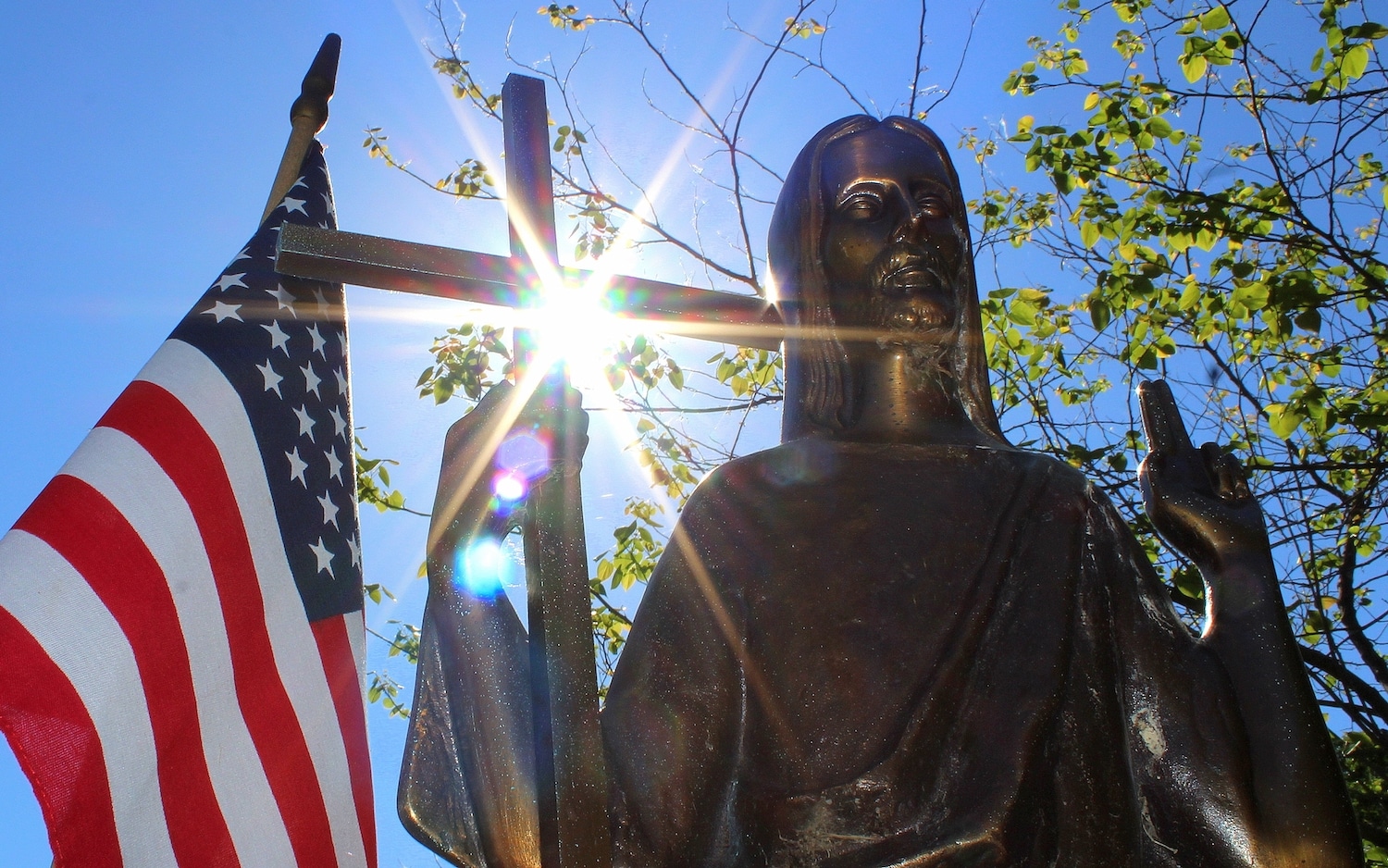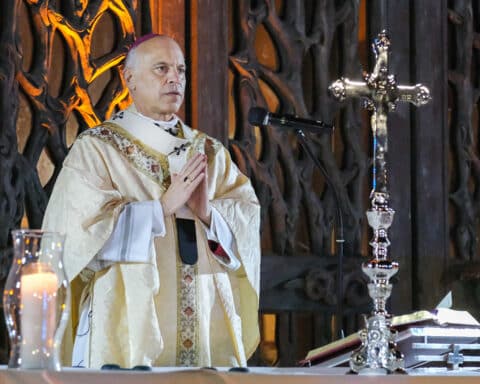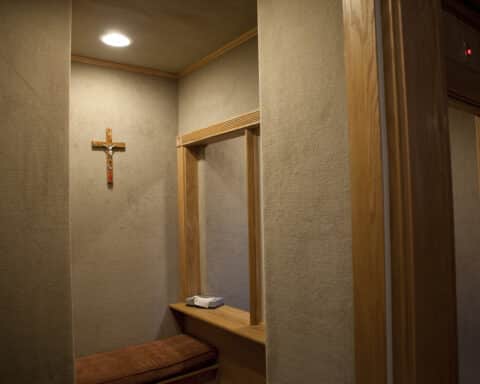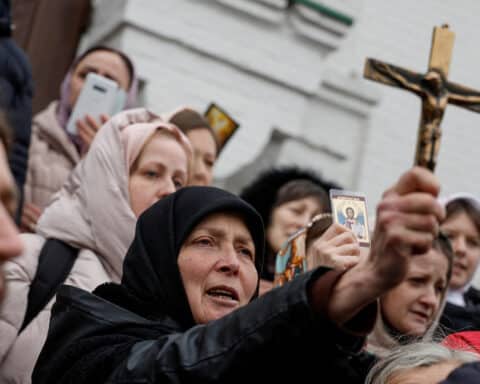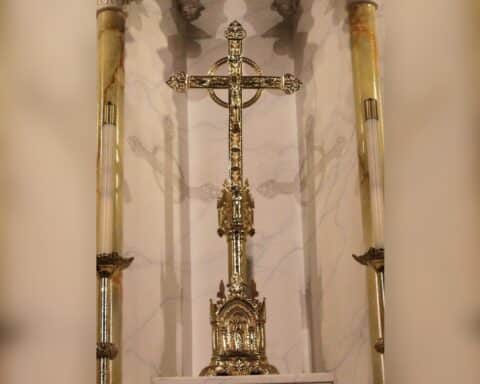Religious liberty has long been cherished as a cornerstone of American democracy, enshrined in the First Amendment of the U.S. Constitution. The Bill of Rights begins, “Congress shall make no law respecting an establishment of religion, or prohibiting the free exercise thereof.” From a Catholic perspective, the importance of religious freedom cannot be overstated. It is not only a constitutional right but a fundamental aspect of human dignity.
The Second Vatican Council declares, “This freedom means that all men are to be immune from coercion on the part of individuals or of social groups and of any human power, in such wise that no one is to be forced to act in a manner contrary to his own beliefs, whether privately or publicly, whether alone or in association with others, within due limits” (Dignitatis Humanae, No. 2). The purpose of the right to religious freedom is to allow each human being to seek God and to pursue a manner of life that conforms to the Truth.
Religious liberty allows people and communities to freely exercise their faith and contribute to the vibrant tapestry of American society. As we navigate the complexities of the modern world, it is imperative to reaffirm and safeguard this cherished freedom, which is not merely one among many human rights, but a foundational human right.
By protecting the right of every person to worship according to his or her conscience, America has become a beacon of religious diversity, where people of various faith traditions live together harmoniously. Preserving religious liberty ensures that this democratic vision continues to thrive, promoting mutual respect, dialogue, and understanding among different religious communities.
This right, however, is increasingly threatened by those who seek to undermine the practice of the Catholic Faith, both in the private lives of Catholics and in the public square. Despite the constitutional protections in place, religious liberty faces challenges in contemporary America.
Consider, for example, the attacks that have occurred on Catholic churches in recent years. According to the U.S. Conference of Catholic Bishops, in May 2023, there were four attacks on Catholic churches that included incidents of arson and vandalism. Nearly 300 incidents have been perpetrated against American Catholic churches since May 2020. These attacks are unjust and have no place in civil society. Our civic officials must condemn them and work to protect our places of worship.
But it’s not only our buildings that need to be safeguarded; the need to protect the seal of the confessional has arisen, too. According to Catholic teaching, a priest cannot, for any reason, reveal the sins confessed by a particular penitent. A priest who violates the absolute secrecy of the confessional is subject to the penalty of excommunication. The inviolability of the priest-penitent privilege, however, has been questioned recently in various state legislatures.
That governments would want priests to collaborate in the pursuit of justice, especially in the cases of grave crimes, like sexual assault or murder, is understandable. But this collaboration must stop shy of the confessional, lest the free exercise of the Catholic religion be inhibited. To compel a priest to reveal information learned in the confessional intrudes upon the sacred communication of penitents naming their sins before Almighty God. The seal must remain intact, and protections for the clergy-penitent privilege must be upheld.
Not every assault on the free exercise of religion is so clear. Will Catholics be able to hold their views on marriage and family life in the workplace? Will we be forced to accept the redefinition of marriage and promote actions or teaching contrary to the Catholic Faith?
Religious exemptions, conscience protections and conflicts between religious beliefs and certain laws or policies require ongoing vigilance and dialogue. The Catholic Church encourages open and respectful conversations that seek to balance competing interests while upholding the principle of religious freedom. Navigating these challenges with wisdom and prudence ensures that the rights of religious individuals and institutions are respected while promoting the common good.
Religious liberty is not merely an abstract concept but a cherished value that underpins the fabric of American society. The Catholic Church teaches that it is a fundamental right rooted in the inherent dignity of every person. Upholding religious freedom safeguards diversity, fosters the common good and ensures that America remains a land where people are free to live out their faith without fear or coercion. Let us unite in defending religious liberty, for in doing so we strengthen the very foundations upon which our great nation was built.

